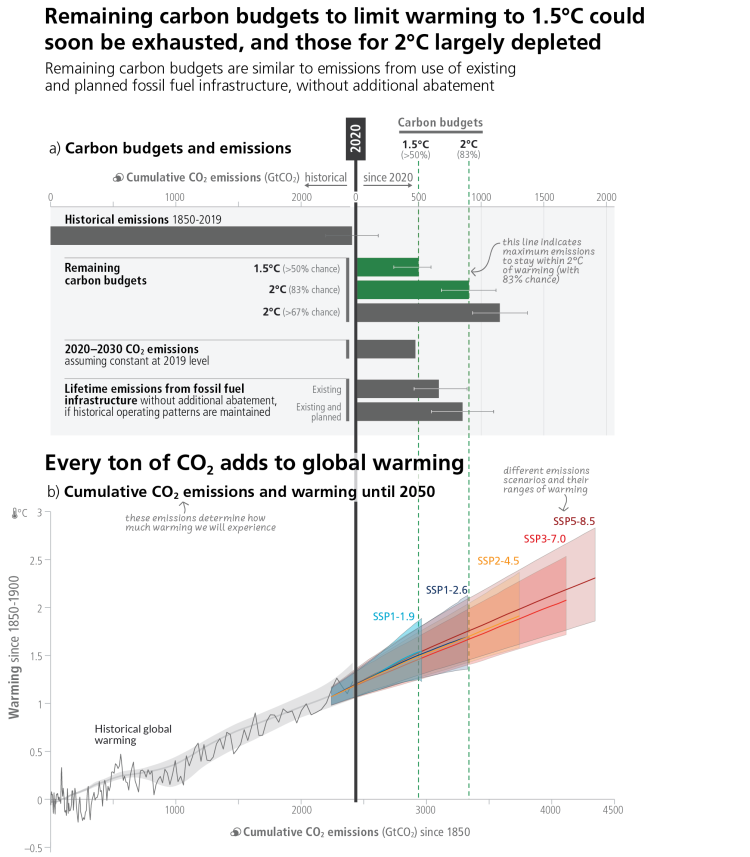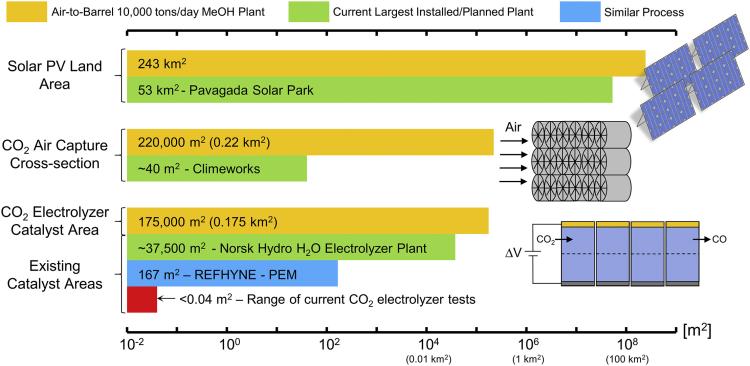Outreach & Service
A SCIENTIST: THE CIVIL SERVANT
In the modern world, we view scientists as civil servants, which necessitates giving service back to society for investing in our work. While science is purely the pursuit of objective knowledge, our motivation for doing research is inherently subjective: fighting climate change. Climate change disproportionately harms low-income communities, so we need an intersectional approach to solve this problem.
Despite claims of valuing diversity and underserved students, many voices have elocuted on the exclusionary and hostile environment of academia and academic science. We acknowledge that science has been used to hurt and marginalize communities (especially Blacks, Indigenious, and socioeconomically-disadvantaged people) throughout much of the world history. We also acknowledge the exclusion of women in much of the scientific settings worldwide. Therefore, we believe it is our duty to provide opportunities for scientific growth to underrepresented groups while also developing a supportive, inclusive, and friendly community for such groups. To this end, we are involved in several media which we contribute time and resources to promote diversity in the sciences:
High School and Undergraduate Students' Mentorship: We encourage high school and undergraduate students who are interested in joining the Electrobuffs group to contact us with inquiries about possible mentorship opportunities. The Electrobuffs team members are always happy to mentor interested students regardless of their past experiences. We have mentored both undergraduate and high school students successfully.
Denver Public School System: Coordinated by Paige Brimley, we are involved in mentorship and scientific engagement with several high schools in the Denver school system.
STEM Routes and the BOLD Center: This is our main hub for research projects and outreach events at CU Boulder. STEM Routes and the BOLD Center both work to provide opportunities, mentoring, and guidance to underrepresented students at CU. Please apply for a research position through the STEM Routes website, or directly contact Paige Brimley. Sign up for the BOLD newsletter to get alerted about upcoming events!
Graduate Assistant in the Areas of National Need (GAANN): We have several students who are GAANN fellows, a program is designed to train graduate students and future scientists and engineers in research, coursework, and teaching in a proposed area of national need.
Cientifico Latino: Engaging in mentoring to help undergraduate, graduate, and professional students access resources on scholarships, fellowships, and blog posts on professional development. Visit Cientifico Latino for more info.
Outreach at NREL: Initiated by Nate Nesbitt, we help develop undergraduate engagement programs at NREL to incorporate underserved communities into the state-of-the-art research going on at those facilities.
Resources:
A RENEWABLE VISION

The figure on the right shows the remaining carbon budget if we were to limit the global temperature increase to 1.5-2.0˚C. With constant 2019 CO2 emissions, the 1.5˚C carbon budget will most likely be consumed. With no additional abatement, the remaining 2˚C carbon budget is also expected to be consumed. This shows how important carbon capture and remediation to mitigating climate change effects. The bottom sub-figure demonstrates different scenarios to limiting the global temperature increase to 1.5-2.0˚C, with SSP1-1.9 and SSP1-2.6 scenarios considering Carbon Dioxide Removal (CDR) technologies (e.g., Bioenergy with CO2 Capture and Storage (BECCS) and Direct Air CO2 Capture and Storage (DACCS)) to cover for hard-to-abate CO2 emissions. Our group's effort is focused on studying DACC (without storage) technologies, renewably-driven electrolysis technologies, and their industrially-relevant integration.
SCIENCE AT SCALE


